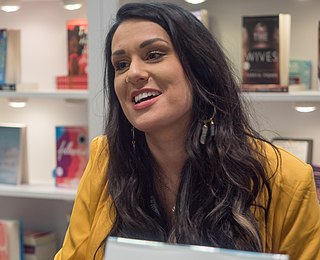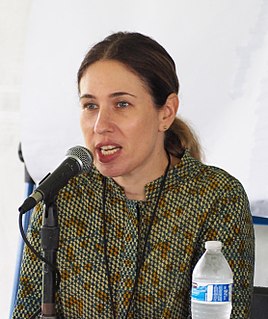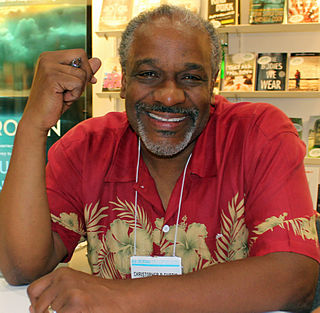A Quote by Louis Sachar
When I write a novel, every word is mine. I welcome suggestions from my editor, but in the end, I make all the final decisions.
Related Quotes
I write with the idea that nobody will care about what I've written; I publish with the idea that nobody will care either. Which is why every time somebody cares enough to read a novel of mine, or respond to it - a reader, a reviewer, even my own editor - I'm a little bit amazed, and so hugely grateful.
I think I just do what I feel is good to do. Everybody can give me their suggestions, but at the end, the final risk is mine because it's my name on the magazine. So I only do what I really feel. Everybody tries to influence you, of course: "Oh, this is the right moment to do this" and "This is the right photographer to choose," and "This is the right model to have . . ." I listen, but I must go my own way. When you take risks, it means that you know every month people are there to judge you.
Now, as a reader, you shouldn't feel the decisions the writer makes about this DNA, or it would be boring beyond belief. But, as a writer, you're struggling to make these decisions. What should the title be? What's the first line? The point of view? And the struggle with the decisions is because you're trying to figure out WHAT IS THE NOVEL, WHAT IS THE NOVEL?
It's great to create a story and then to submit it to your editor and see what her reaction is to it. It's great to have your editor tell what her suggestions and ideas for the story are. It's great to explain to your editor why her ideas and suggestions are bizarre and to ask her why is she trying to ruin my story.
Every first-rate editor I have ever heard of reads, edits and rewrites every word that goes into his publication.... Good editors are not 'permissive'; they do not let their colleagues do 'their thing'; they make sure that everybody does the 'paper's thing.' A good, let alone a great editor is an obsessive autocrat with a whim of iron, who rewrites and rewrites, cuts and slashes, until every piece is exactly the way he thinks it should have been done.

































